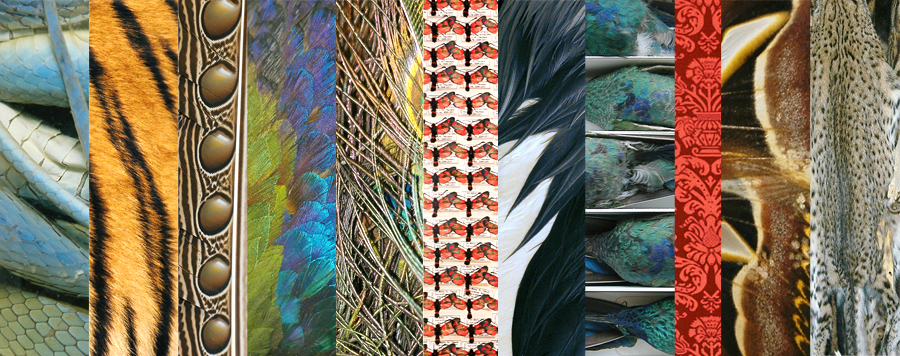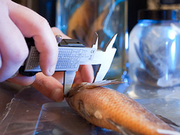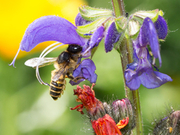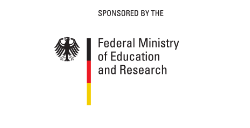
Research centers and groups
Research at ZFMK is focused on phylogenetics, speciation and biogeography of terrestrial vertebrates and insects.
Species-focused research
As general data bases, the collections of biological research museums are the basis of scientific research in these institutions. The biological species is the key entity of material documentation and the level of primary approach to study biodiversity. Research questions of biological museums are primarily taxon-specific. Accordingly their research profile differs from that of universities and other types of scientific institutes. Species-focused research is regaining considerable importance again after a longer phase of main emphasis on other research fields. It has become increasingly clear that on most continents and for many taxonomic groups our knowledge of the biological inventory of the earth is very insufficient.
Taxonomical Focus
Emphasis of research at ZFMK is on the terrestrial fauna, 'terrestrial' defined in a wider sense, i.e. including limnetic organisms which evolved from terrestrial forms and ecologically are often linked with them. Accordingly vertebrates and insects form the great bulk of the collections and research is centred on these taxa.
Regional Focus
Temperate Eurasia (Palaearctic region), tropical and subtropical Africa (Afrotropical region) and Central and South America (Neotropical region) are the regional focuses. Many research projects also include specific aspects of the ecology of vertebrates and insects, with special reference to proximate and ultimate factors.










